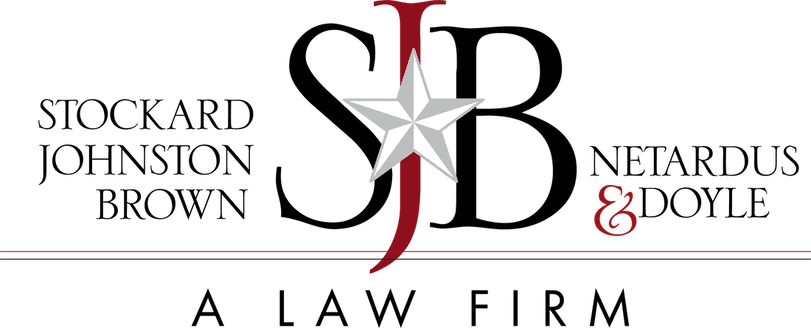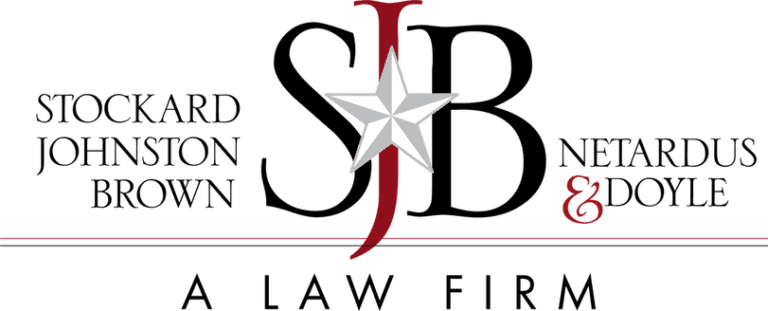Insurance jargon can be confusing for most laymen. Because of this, many people may be unfairly treated by their insurance companies and may not get just claim payouts. While this may be common, it doesn’t mean it is right. We’ve collected some information to help you better understand your rights as a first party insurance claimant, and what recourse you have against an insurance company.
Who’s The First Party Insurance Claimant?
Simply put, in the world of insurance, “first party” generally refers to the policyholder. The individual who enters into an insurance contract with an insurance company, therefore, is the “first party.” For example, if a business owner’s property has been damaged by a storm or hail, he or she would personally submit a claim to their insurance company. This type of claim is known as a “first party insurance claim.”
A third party claim, on the other hand, is when an individual who is not the policyholder submits a claim to the first party’s insurance company. This is common in car accidents. For example, a person who is a passenger during a car accident would submit a claim to the driver’s insurance as a “third party claim.”
Can A Policyholder File A Lawsuit Against An Insurance Company?
The simple answer is yes. A first party insurance claimant can file a lawsuit against their insurance company if the company does not pay out in a timely fashion, or if they fail to pay out the entirety of the claim as it is written out in the insurance contract between the policyholder and the insurance company.
Insurance companies can be found to be practicing bad faith insurance practices in some instances, and a lawsuit can help a claimant get the compensation they need and deserve. Bad faith insurance practices may include refusing to pay out a claim without justifiable reasons. Bad faith insurance practices may also include failing to adequately inform policyholders of appeals processes, or failing to properly investigate a claim. Generally speaking, an insurance company that does not meet the terms of the insurance agreement can be sued by the policyholder.
In the case of storm or hail damage to a commercial property, a policyholder can file a lawsuit for the damage to the property as well as loss of income during the time when the claim was not adequately handled.
If you have any further questions about first party insurance claims, contact the professionals at Stockard, Johnston, Brown, Netardus & Doyle, P.C. in Amarillo, Texas. We can help you learn about your rights, and provide the legal representation you need to deal with insurance companies.

